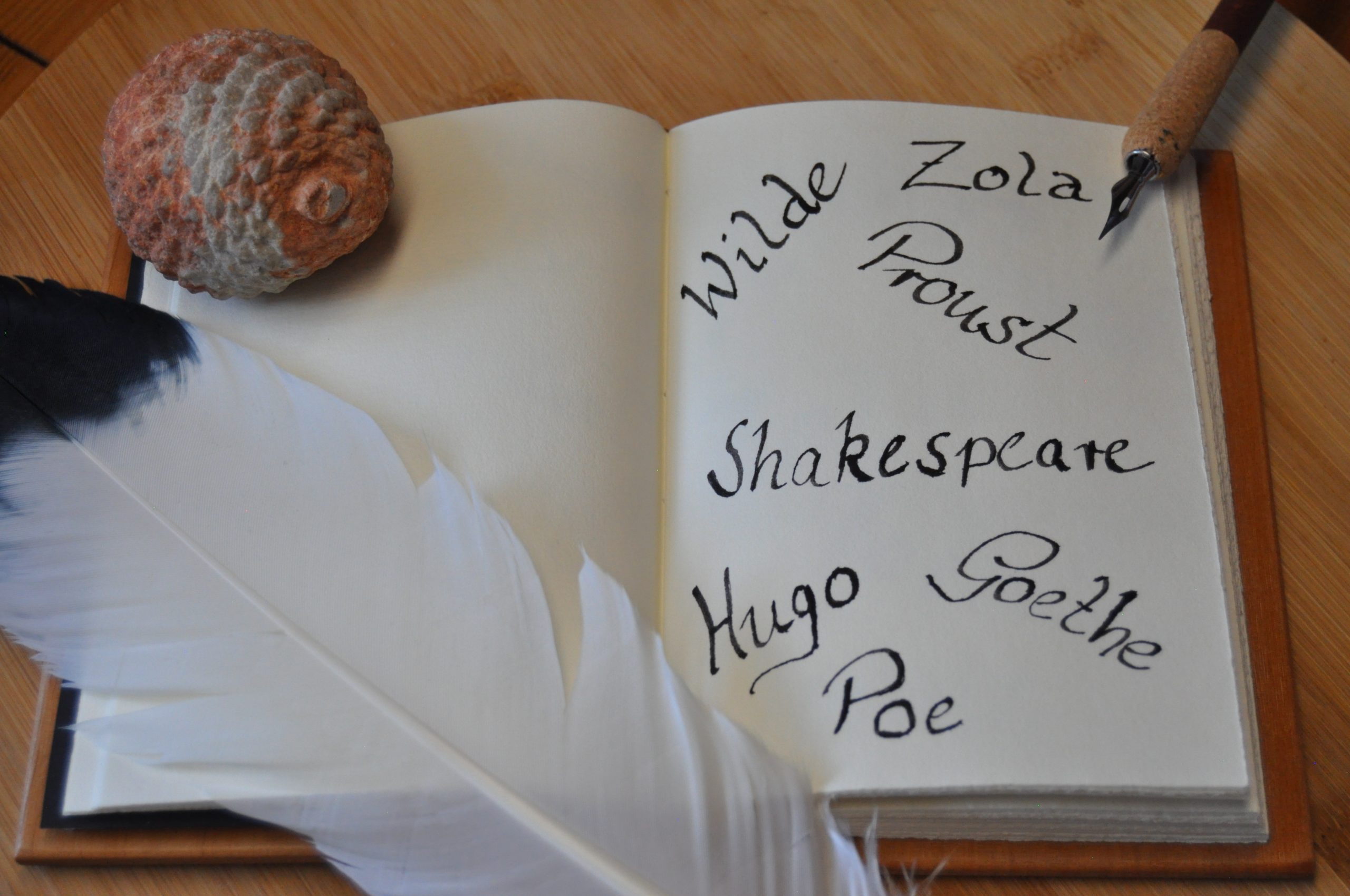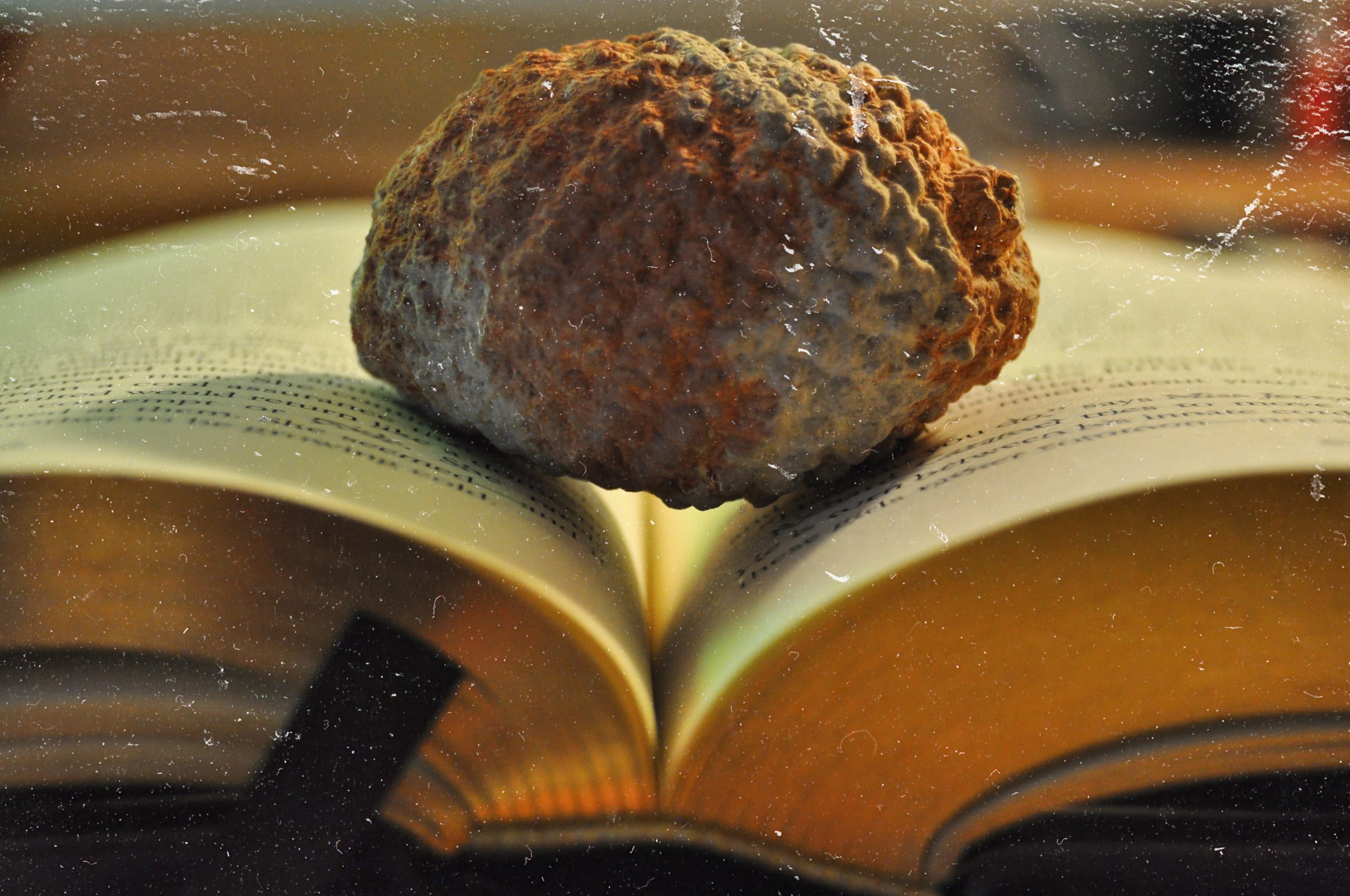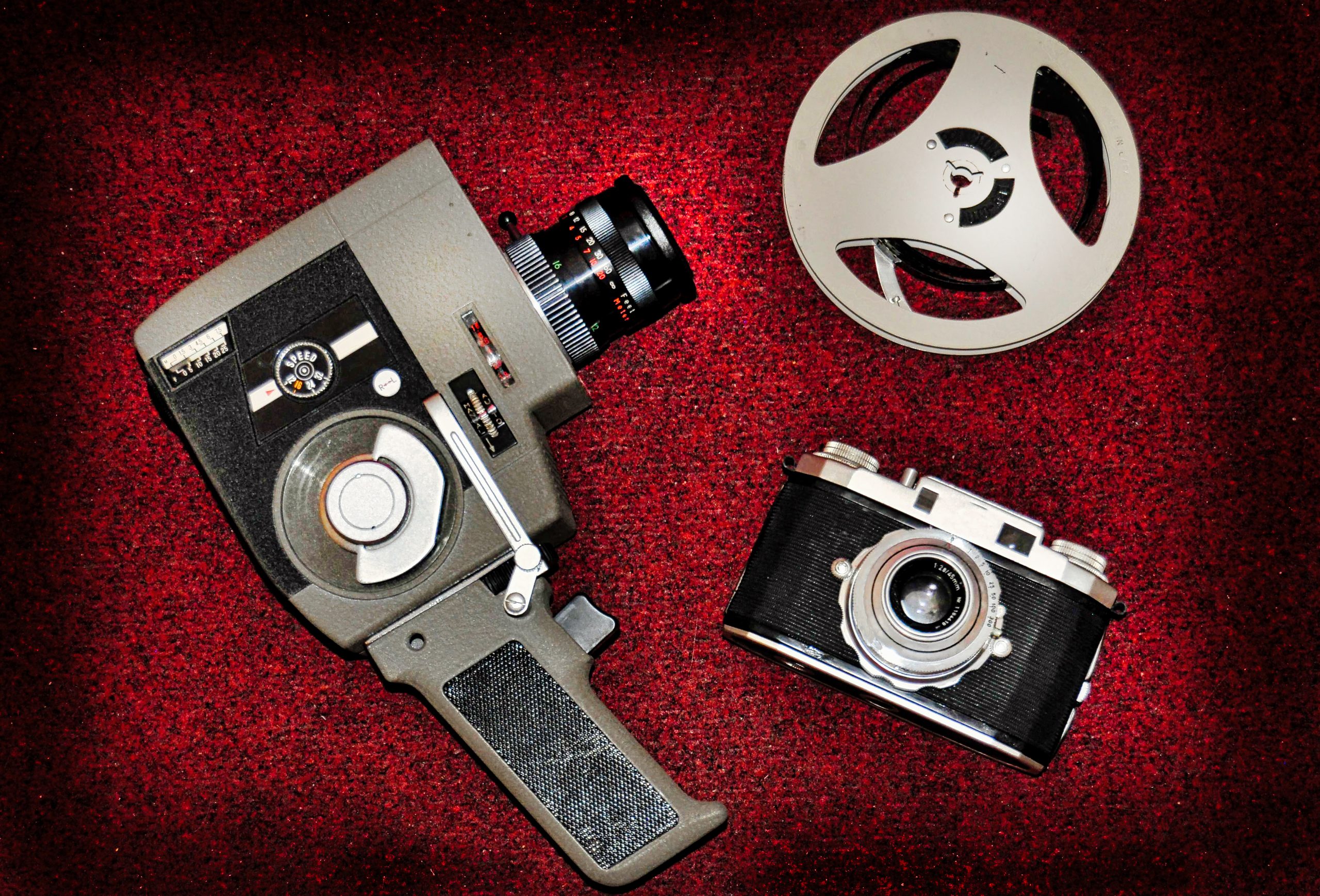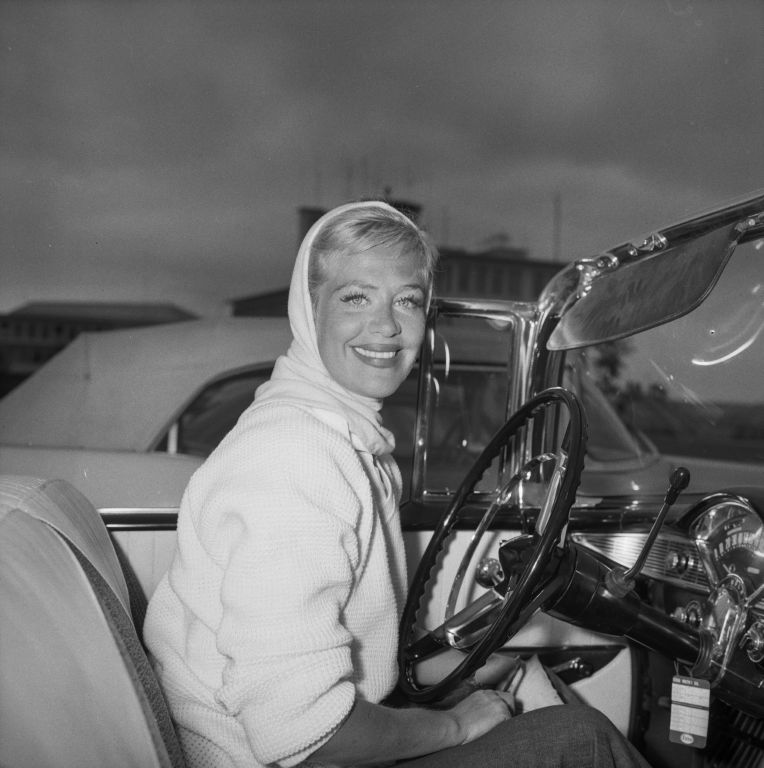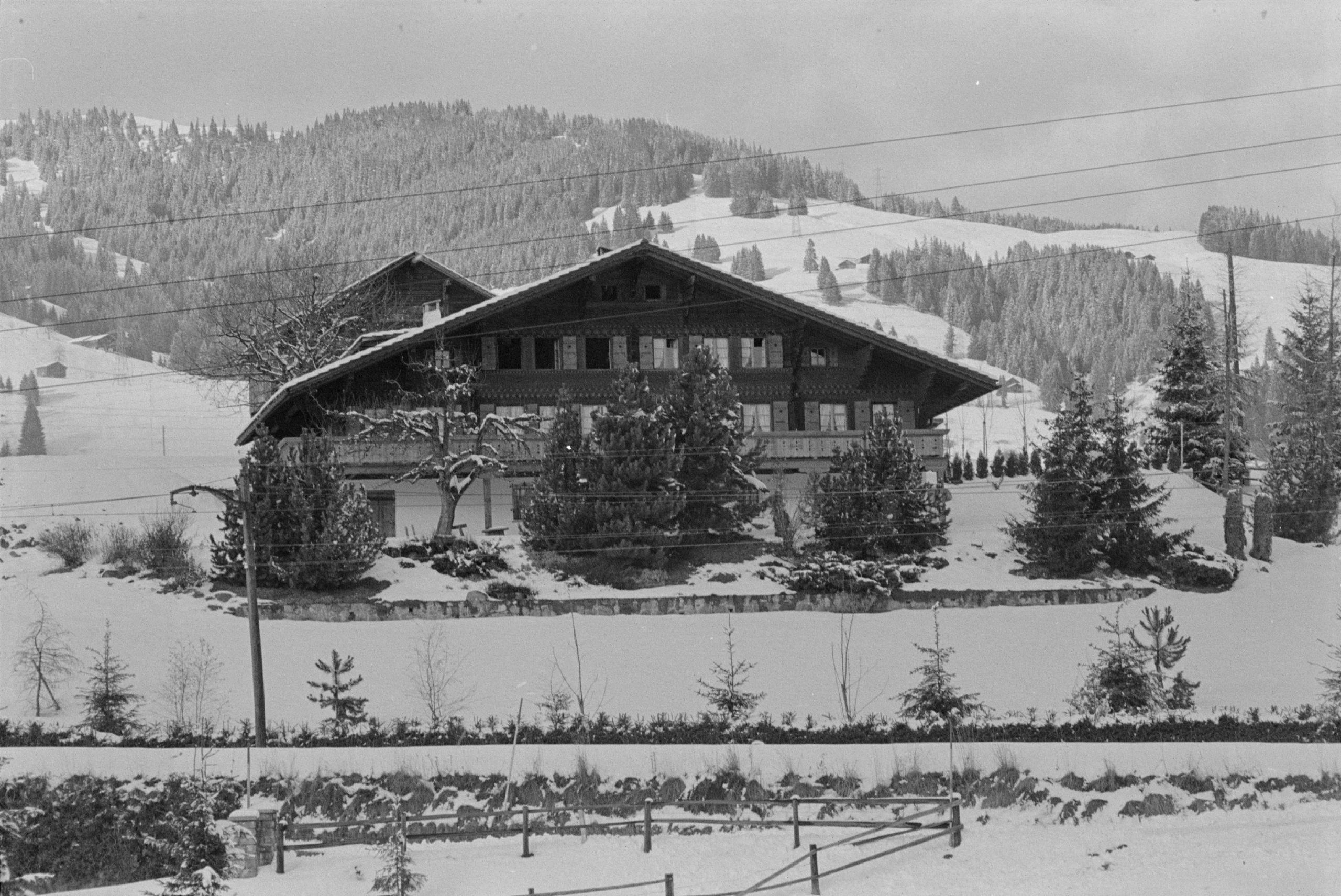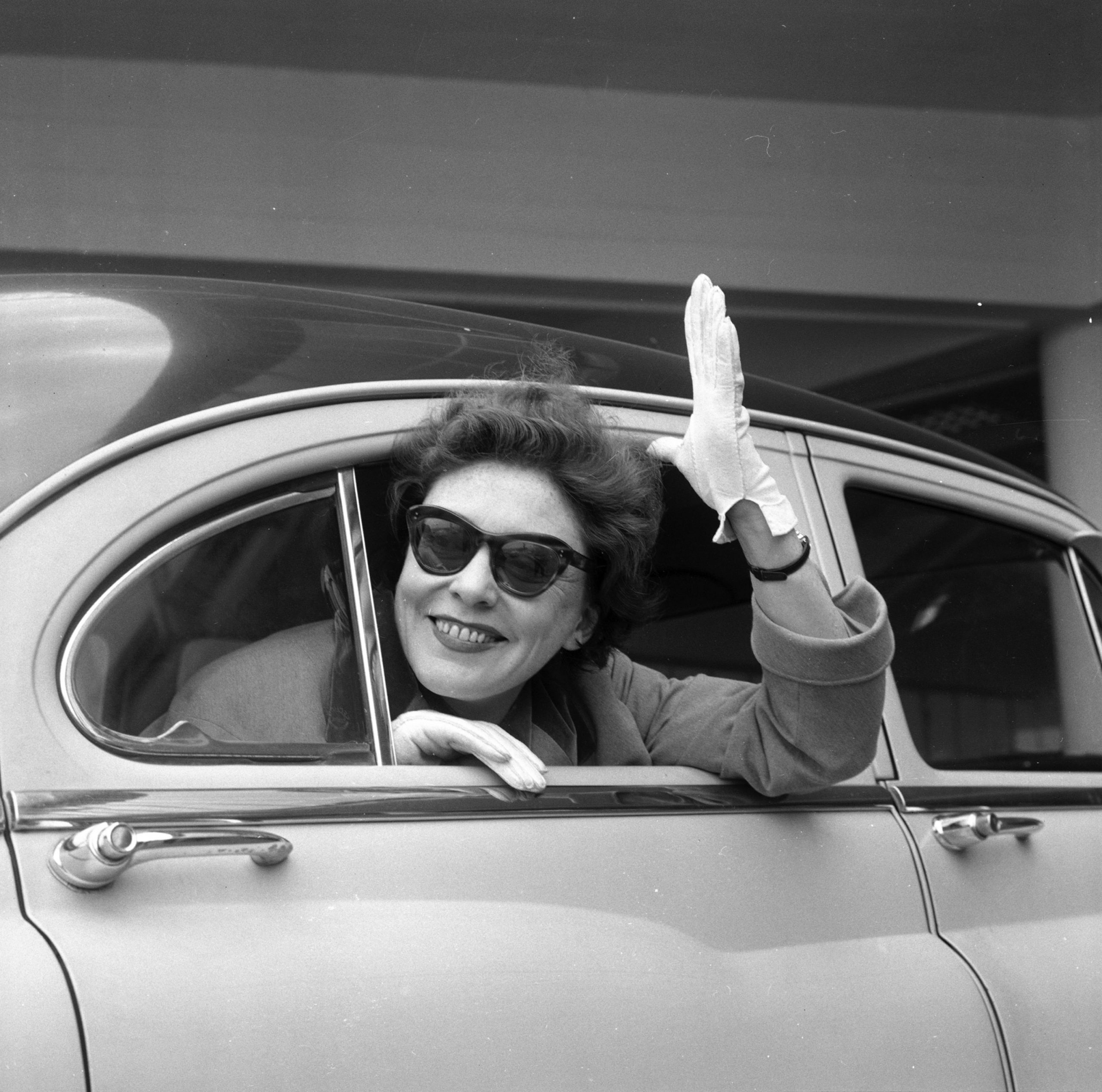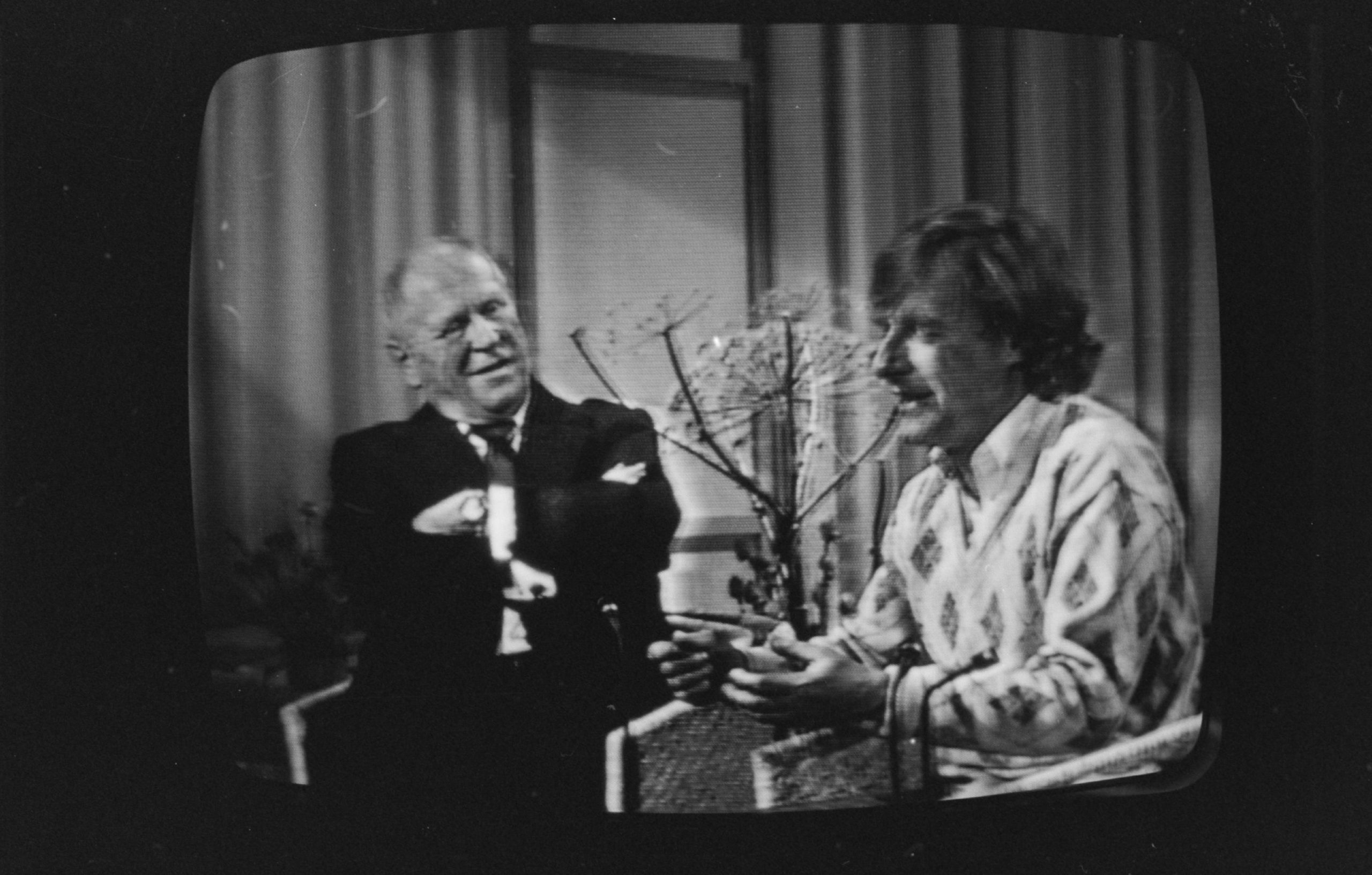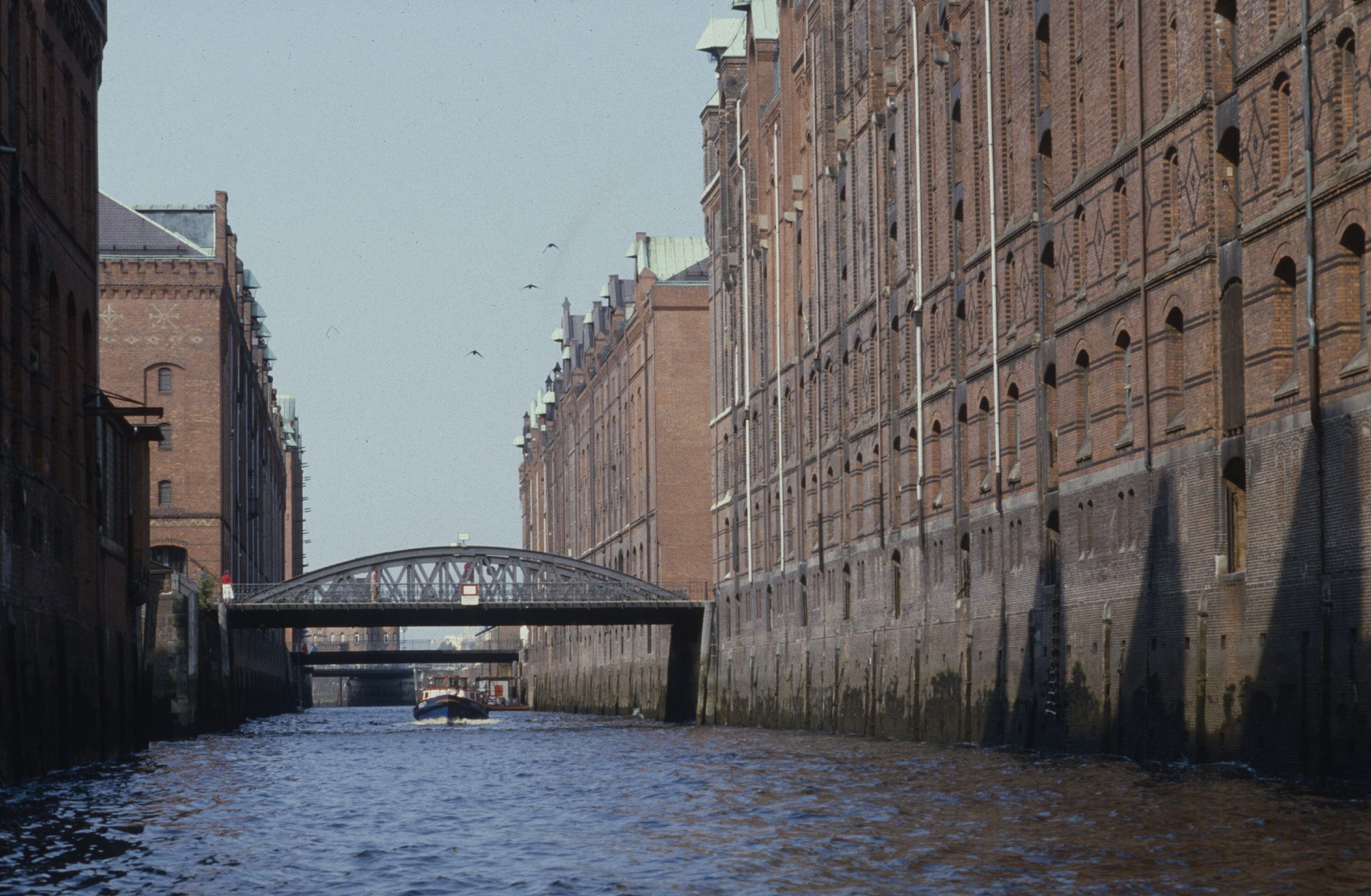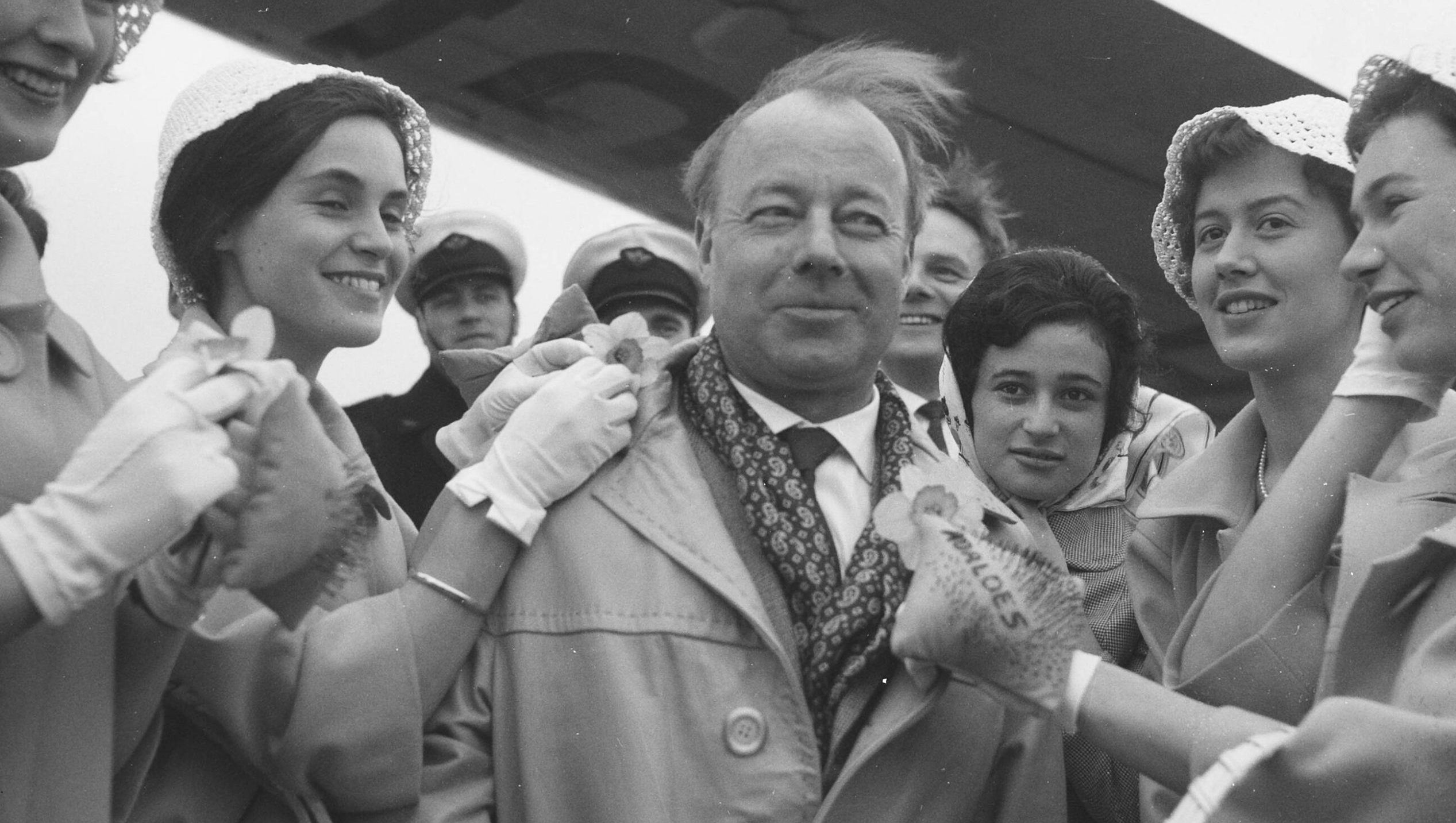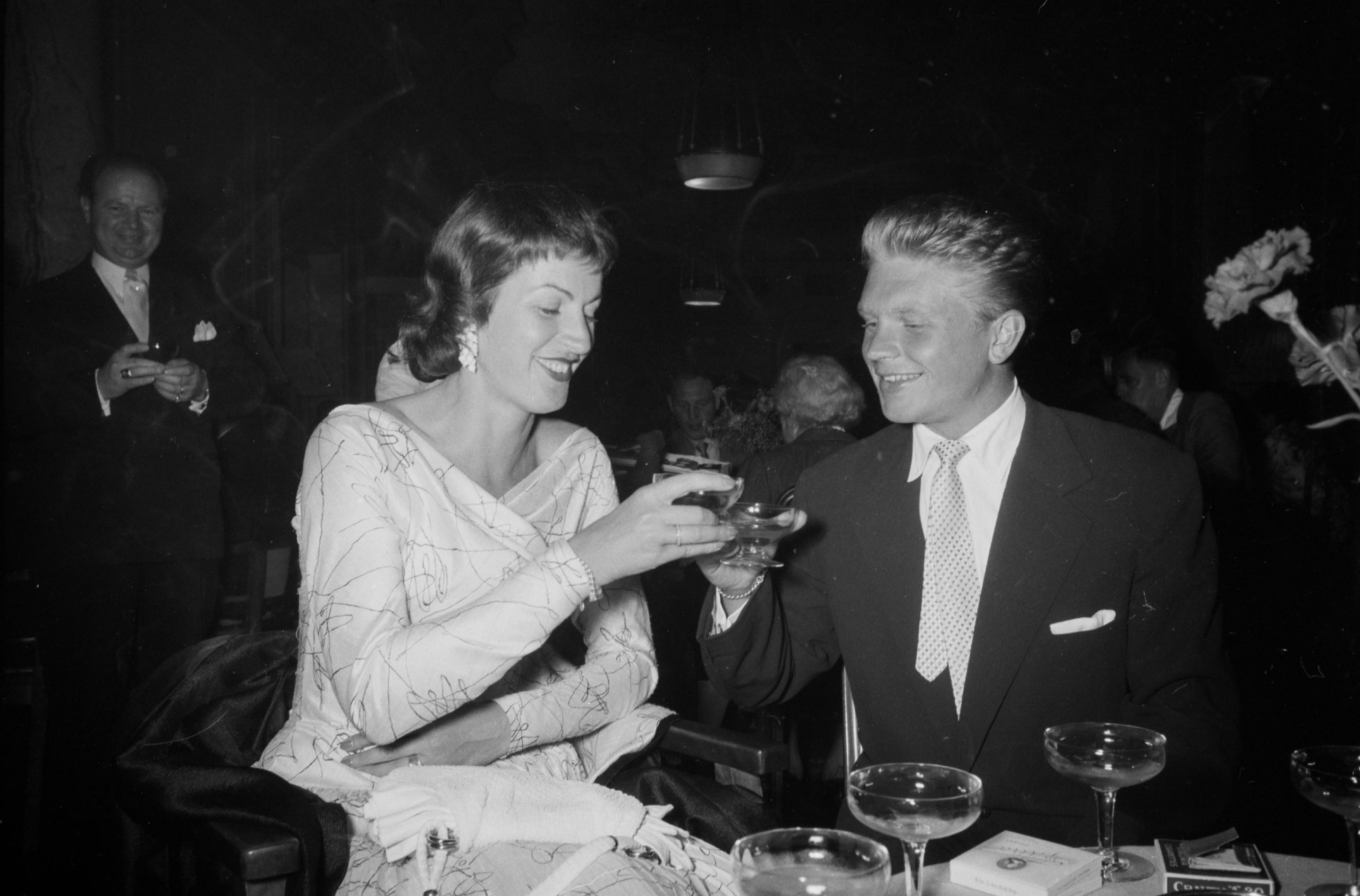He wanted to stand out, Heinz Rühmann wrote in his memoirs about his early years as an actor. Nothing was more important as a young actor than dressing flamboyantly and displaying personal quirks that drew attention to oneself.
But there were not only fashion issues at the beginning of Heinz Rühmann’s career – there was also the pressure he felt: When Rühmann left Munich to travel to Hanover for his first professional engagement, his acting teacher Friedrich Basil gave him the following advice: “You have to set yourself a deadline, a deadline of five years! If you haven’t had any real artistic success by then, (…) then you have to say goodbye to the stage. (…)”
Heinz Rühmann knew: he had five years. Would the actor be able to prevail? Would he be able to play a significant role even once? At the beginning of the twenties, that was still written in the stars.
First encounter with the movies
It was by no means certain that Rühmann would one day be one of the best-known and most distinguished German actors. What was certain, however, was that he was dependent on achieving noteworthy successes soon, because he abandoned his Abitur in favour of his dream of the stage.
In 1923, after an intermezzo in northern Germany, Heinz Rühmann became a member of the ensemble at the Schauspielhaus in Munich: There, too, great successes initially failed to materialise; as was usual for young actors, he was mainly cast in smaller, relatively insignificant roles. He then moved to the Munich Kammerspiele in 1925: There Heinz Rühmann celebrated his first successes as a theatre actor, mainly interpreting comedic roles.
At this time – in the mid-twenties – Rühmann also had his first encounter with film: the Bavaria Film Studios had been founded near Munich in 1919, where renowned directors such as the legendary Alfred Hitchcock or the unique Anatole Litvak later began their careers. So the emerging medium of film by no means bypassed the Bavarian capital of Munich: thus Heinz Rühmann played his first silent film role in 1926 in Das deutsche Mutterherz (The German Mother’s Heart). This first film work by Rühmann is considered lost today.
Those who couldn’t captivate the UFA production manager at the first screen test usually didn’t get a second chance.
Between Munich and Berlin
From 1927 Heinz Rühmann commuted between Munich and Berlin: he was often engaged for the same plays in both cities. It seemed that people everywhere wanted to get their hands on Heinz Rühmann’s acting talent: In the meantime, Rühmann had achieved numerous artistic successes and was a much sought-after theatre actor.
In 1930, a unique opportunity presented itself for the actor: Rühmann was told that UFA production boss Erich Pommer had noticed him in a revue and wanted to invite him for screen tests. They were still looking for an actor for the role of Hans in Die Drei von der Tankstelle (“The Three from the Petrol Station“, 1930).
Erich Pommer was disappointed by the first screen tests: Those who couldn’t captivate the UFA production manager at the first screen test usually didn’t get a second chance. But Erich Pommer decided to call Rühmann in again for screen tests – this time in different clothes and with a different text. At the second screen test, Pommer gave the green light: Heinz Rühmann would play his first big film role in Die Drei von der Tankstelle alongside Lilian Harvey, Oscar Karlweis and Willy Fritsch. The time of commuting between Berlin and Munich was over from now on – Rühmann’s centre of life was in Berlin for now.
Die Feuerzangenbowle
“It is the humour (…) of a man who knows that he will always be a little boy. (…)”, people later wrote about Heinz Rühmann’s first film roles. Rühmann was called one of the first film comedians of the German film. In the following years Heinz Rühmann became one of the most demanded German actors: he shot more than twenty movies between 1930 and 1935 – that was nearly four movies a year. Rühmann played alongside screen legends like Erich Ponto, Hans Albers, Paul Hörbiger, Hans Moser or Magda Schneider.
When the Second World War began, the resources with which film projects had to be realised became scarcer, but this by no means meant that actors like Heinz Rühmann no longer delivered acting performances: On the contrary, with the scarcity of resources, the focus was on the acting performances of top-class actors like Heinz Rühmann.
In 1944, Rühmann played the role of Dr. Johannes Pfeiffer in Die Feuerzangenbowle (1944): it is mainly thanks to this film that the actor Heinz Rühmann is still a household name to many film enthusiasts today.
If one considers the circumstances of the time, the performance of all those involved seems all the more bravura: in 1944 there was a climate of constant turmoil in almost the whole of Germany – the filming took place in a hail of bombs, so to speak. Nevertheless, it was everyone’s job to be as cheerful as possible during the filming of the comedy: Rühmann describes in his memoirs how there was laughter on the set because of every little thing.
Surrounded by a world in which the only thing that mattered to everyone was bare survival, the cast of Feuerzangenbowle mastered staging a comedy.
Heinz Rühmann was considered one of the favourite actors of writer and actor Curt Goetz.
Harvey and Curt Goetz
For Heinz Rühmann – as for many actors of his generation – the end of the Second World War meant suspicion and interrogation: even if Rühmann tried to distance himself as far as possible from the ruling system, many things were unavoidable if one wanted to preserve one’s profession as an actor in Germany in the thirties and forties.
After initial difficulties, however, Heinz Rühmann was able to continue his acting career after the Second World War: At the suggestion of Marlene Dietrich, Heinz Rühmann impersonated the role of Elwood P. Dowd in Harvey at the Kleines Haus in Munich and the Kleines Theater im Zoo in Frankfurt from 1950 to 1951. The film version of Harvey with James Stewart in the leading role was released around the same time.
One of his first major film works after the Second World War was Auf der Reeperbahn nachts um halb eins (“On the Reeperbahn at half past midnight“, 1954) alongside Hans Albers. For both actors – Rühmann and Albers – this film was a stellar moment in their post-war careers.
Heinz Rühmann was considered one of the favourite actors of writer and actor Curt Goetz: Rühmann played the leading roles in the Goetz adaptations Das Haus in Montevideo (“The House in Montevideo“, 1963) and Dr. med. Hiob Prätorius (1965). Heinz Rühmann recognised “kindred spirits” in Goetz’s characters, as he emphasised in his memoirs: even his interpretations of Friedrich Dürrenmatt’s works (Es geschah am helllichten Tag – It happened in broad daylight, 1958) could not evoke this state in Rühmann.
Comedian and character actor
Heinz Rühmann started as one of the first great comedians in German cinema and developed into one of the most substantial character actors ever to be seen on a German screen: At the end of his career, Rühmann made a few more television films, which he hoped would enable him to continue to be remembered by his audience.
But the true medium of an actor of Heinz Rühmann’s calibre was the big screen and the theatre stage: in the thirties, Rühmann brought comedies, which until then could only be seen on the theatre stage, to the screen for an audience of millions. Later, the accomplished comedian, who was also skilled as a character actor, dealt with interpretations of roles created by great writers such as Friedrich Dürrenmatt or Curt Goetz.
Heinz Rühmann always knew that he would remain the “little boy”, but this “little boy” revolutionised the German theatre and film world like no other actor before him.
Source: Albers, Hans: Das war’s. 1994 Ullstein [Rühmann’s memoirs]
Cover picture: Heinz Rühmann 1960 at Amsterdam Schiphol airport
Picture credit: Fotograaf Pot, Harry / Anefo, Nationaal Archief, CC0

 Deutsch
Deutsch Français
Français